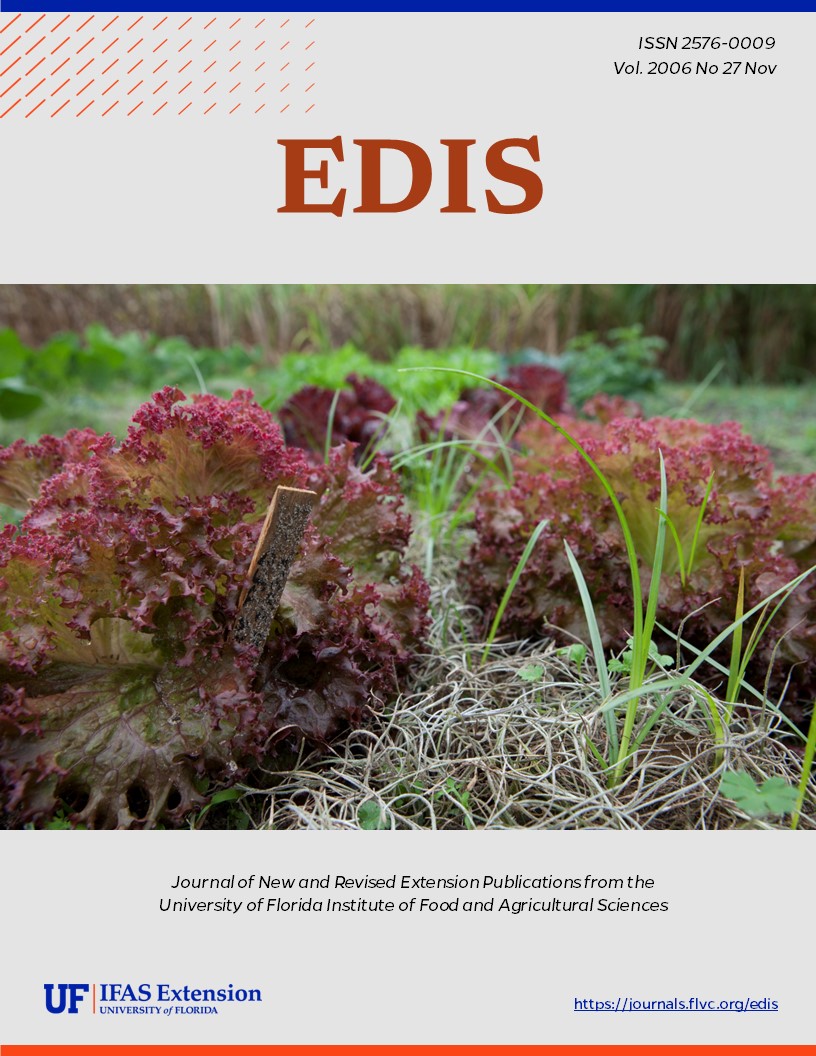Abstract
This document summarizes the results of surveys conducted after Hurricanes Erin and Opal in 1995, which assessed tree damage in the Florida Panhandle. It ranks the wind resistance of various tree species, highlighting that species like dogwood, live oak, and sabal palm showed high wind resistance, while species like sand pine and Carolina laurelcherry were less resistant. The findings emphasize the importance of selecting wind-resistant trees for hurricane-prone areas and suggest that proper tree care and maintenance can mitigate damage. First published: May, 1997.
References
1. Barry, P.J., R.L. Anderson, and K.M. Swain. 1982. How to evaluate and manage storm-damaged
forest areas. For. Rpt. SA-FR 20. USDA For. Serv., Southeastern Area.
2. Duryea, M.L., G.M. Blakeslee, W.G. Hubbard, and R.A. Vasquez. 1996. Wind and trees: A survey of
homeowners after Hurricane Andrew. J. Arboriculture 22:44-50.
3. Ham, D.L. and R.C. Rowe. 1990. Tree devastation by Hurricane Hugo. J. Arboriculture 16:ix-x.
4. Milner, M. 1990. Hugo: Diary of a disaster. Am. Nurseryman 171:45-49.
5. Ogden, J.C. 1992. The impact of Hurricane Andrew on the cosystems of South Florida. Conserv.
Biol. 6:488-490.
6. Swain, K.M. 1979. Minimizing timber damage from hurricanes. S. Lumberman 239:107-109.
7. Touliatos, P. and E. Roth. 1971. Hurricanes and trees: Ten lessons from Camille . J. For . 285-289.

This work is licensed under a Creative Commons Attribution-NonCommercial-NoDerivatives 4.0 International License.
Copyright (c) 2006 UF/IFAS

